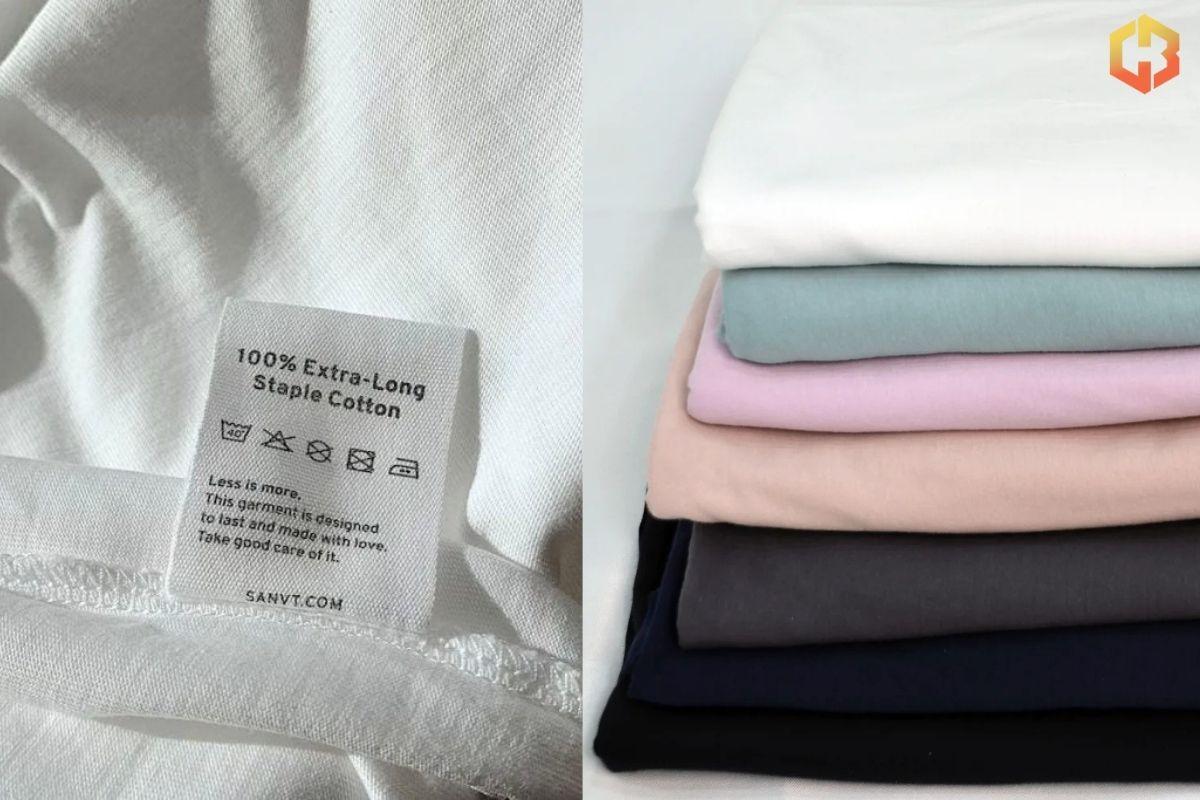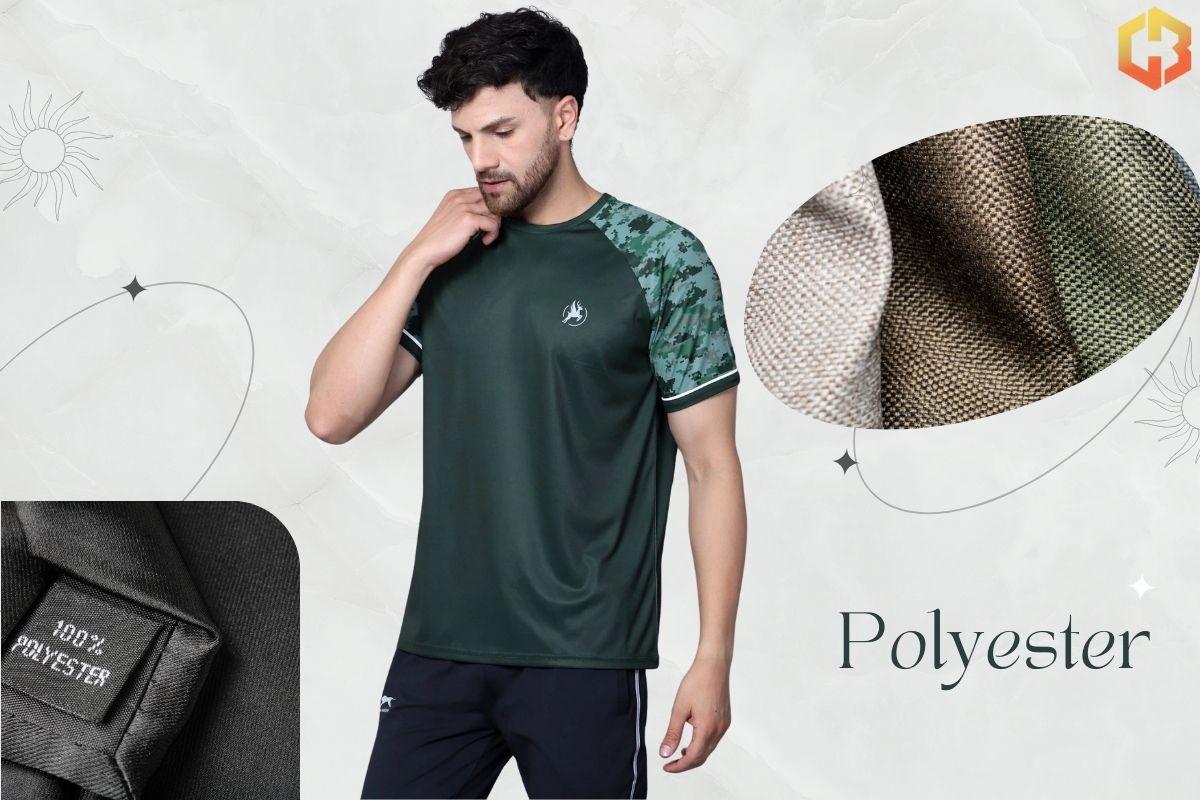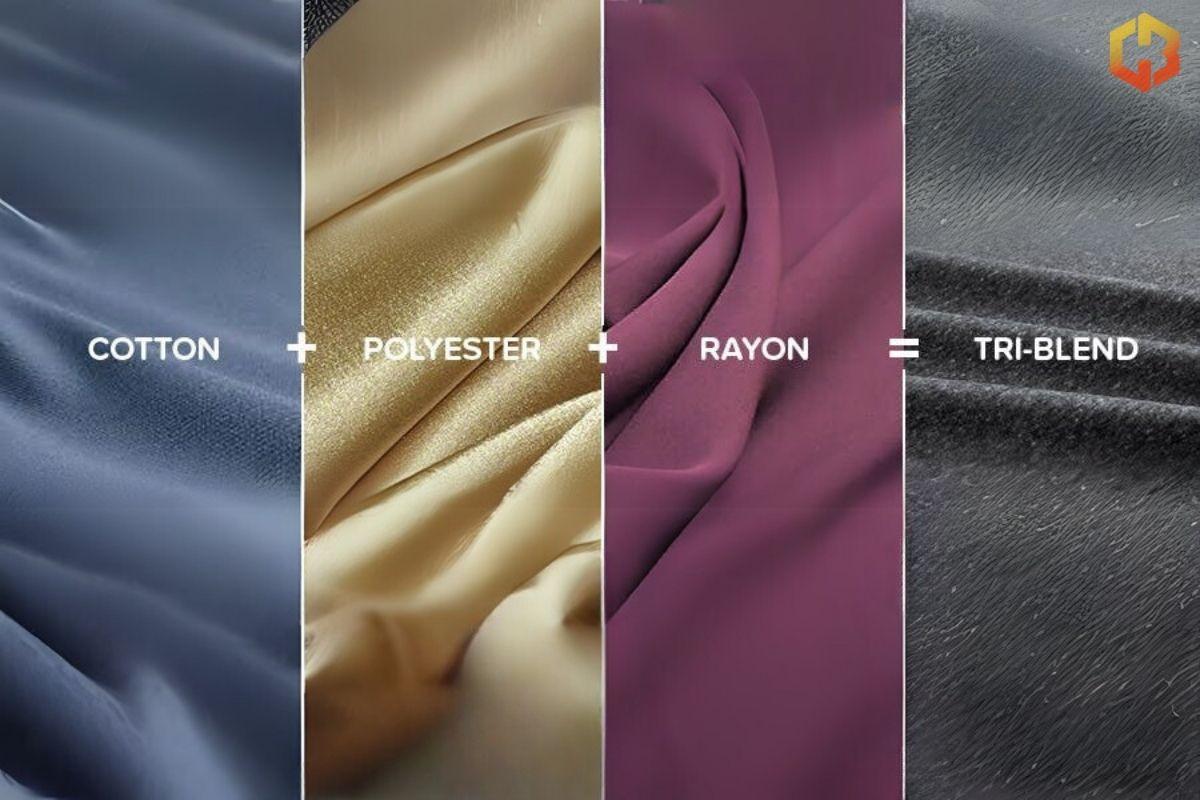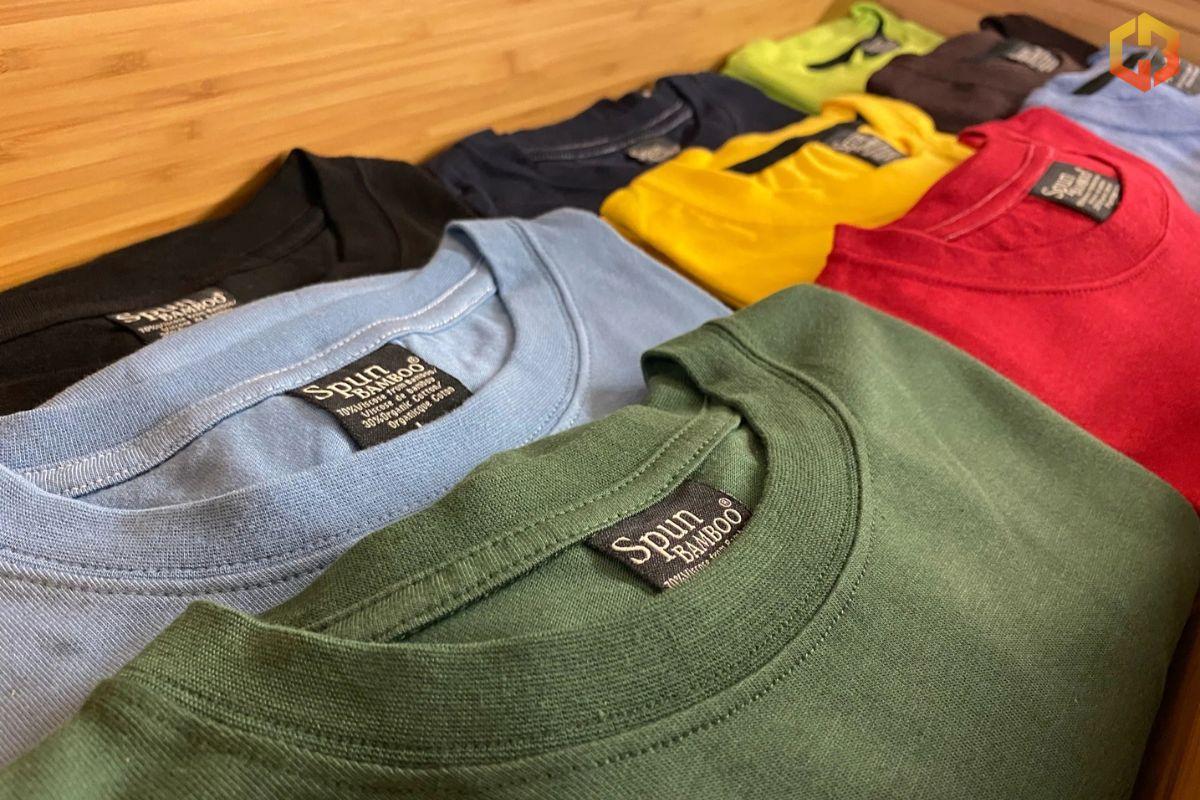T-Shirt
What Are the Best T-Shirt Materials?
What Is the Best Fabric for T-Shirts?
When it comes to choosing the right fabric for t-shirts, there’s no one-size-fits-all answer. The “best” fabric depends on a variety of factors, including comfort, durability, breathability, and the intended use of the shirt. With so many options available, it’s important to understand the characteristics of different fabrics to make an informed decision.
Here’s a detailed look at some of the most popular t-shirt fabrics, and how they compare when it comes to quality, comfort, and performance.
Cotton: The Classic Choice
Cotton is by far the most popular fabric used in t-shirts. It’s known for its softness, breathability, and versatility. Because it’s a natural fiber, cotton allows air to circulate freely, making it a great option for warmer weather. Its softness is one of the reasons cotton t-shirts feel so comfortable against the skin.
Advantages of Cotton:
- Breathability: Cotton allows air to flow freely through the fabric, helping to keep you cool and comfortable, especially in hot weather.
- Softness: Cotton t-shirts are incredibly soft, making them comfortable to wear for extended periods.
- Natural Fiber: Being a natural fiber, cotton is biodegradable and more eco-friendly compared to synthetic materials.
- Hypoallergenic: Cotton is a good option for people with sensitive skin since it’s less likely to cause irritation or allergic reactions.
Disadvantages of Cotton:
- Wrinkles: Cotton tends to wrinkle easily, so it may require more maintenance to keep it looking neat.
- Shrinking: Cotton can shrink after washing, especially if it’s not pre-shrunk. This is something to keep in mind when choosing a size.
- Not as Durable: Although soft, cotton can wear out more quickly than synthetic fabrics when subjected to frequent washing and use.

Polyester: Durability and Performance
Polyester is a synthetic fabric made from petroleum-based products. It’s often used in activewear and performance clothing due to its moisture-wicking properties and durability. Polyester is strong, resistant to wrinkles, and dries quickly, which makes it a favorite for sports and outdoor activities.
Advantages of Polyester:
- Durability: Polyester is incredibly durable and resistant to wear and tear. It maintains its shape and color over time, even after multiple washes.
- Moisture-Wicking: Polyester is excellent at pulling moisture away from the skin and allowing it to evaporate quickly, making it ideal for active wear.
- Low Maintenance: Polyester is less prone to wrinkling, shrinking, or fading compared to natural fabrics like cotton.
- Quick-Drying: Polyester dries faster than cotton, which is a major advantage in sports or active situations.
Disadvantages of Polyester:
- Less Breathable: Polyester isn’t as breathable as cotton, which can make it feel less comfortable in hot weather.
- Synthetic Feel: Some people don’t like the feel of polyester on their skin. It can feel less soft and more “plastic-like” compared to natural fibers.
- Environmental Impact: Being a petroleum-based product, polyester is not biodegradable and can contribute to environmental pollution if not recycled properly.

Cotton-Polyester Blends: The Best of Both Worlds
Many t-shirts are made from a cotton-polyester blend, which combines the softness of cotton with the durability and moisture-wicking properties of polyester. This blend offers a balance between comfort and performance, making it a popular choice for both casual and activewear.
Advantages of Cotton-Polyester Blends:
- Comfortable and Durable: The combination of cotton’s softness and polyester’s durability creates a fabric that’s both comfortable and long-lasting.
- Wrinkle-Resistant: Blended fabrics are less likely to wrinkle compared to pure cotton t-shirts, reducing the need for ironing.
- Faster Drying Time: The polyester content helps the t-shirt dry faster, which can be especially useful for outdoor or athletic activities.
- Affordable: Cotton-polyester blends are generally more affordable than pure cotton or high-performance fabrics.
Disadvantages of Cotton-Polyester Blends:
- Less Breathable: While it’s better than pure polyester, cotton-polyester blends still don’t breathe as well as 100% cotton.
- Environmental Concerns: While cotton is biodegradable, polyester is not, which can make these blends less eco-friendly.

Tri-Blend Fabrics: Soft, Lightweight, and Stylish
Tri-blend fabrics are made from a combination of cotton, polyester, and rayon. These t-shirts are incredibly soft, lightweight, and have a vintage feel. Tri-blends are perfect for those who want a more relaxed, stylish t-shirt that offers a unique drape.
Advantages of Tri-Blend Fabrics:
- Softness: Tri-blend fabrics are often softer than 100% cotton t-shirts, thanks to the addition of rayon, a lightweight synthetic fiber.
- Lightweight: The blend of rayon makes the fabric lightweight and ideal for warmer weather.
- Durability: Like polyester, tri-blends are durable and retain their shape well, even after multiple washes.
- Stylish Look: Tri-blend fabrics have a slightly heathered, vintage appearance that many people find appealing.
Disadvantages of Tri-Blend Fabrics:
- Cost: Tri-blend fabrics can be more expensive than basic cotton or polyester t-shirts.
- Potential for Pilling: Rayon can sometimes cause pilling, especially if the fabric isn’t cared for properly.
- Less Breathable Than Cotton: While softer, tri-blends aren’t as breathable as pure cotton t-shirts.

Bamboo Fabric: Eco-Friendly and Comfortable
Bamboo fabric is gaining popularity as a sustainable alternative to cotton. Made from the pulp of bamboo plants, this fabric is naturally soft, breathable, and eco-friendly. Bamboo t-shirts are often touted as being more comfortable than cotton due to their silky smooth feel.
Advantages of Bamboo Fabric:
- Eco-Friendly: Bamboo is a fast-growing plant that requires fewer resources to grow than cotton, making bamboo fabric a more sustainable option.
- Breathable and Moisture-Wicking: Bamboo fabric is naturally breathable and has moisture-wicking properties, making it a good option for hot climates or activewear.
- Softness: Bamboo fabric has a luxurious, silky feel, often softer than cotton.
Disadvantages of Bamboo Fabric:
- Cost: Bamboo fabric can be more expensive than traditional cotton or polyester.
- Care Requirements: Bamboo fabrics can be delicate and require more careful washing to preserve their texture.

Conclusion: Which Fabric Is Right for You?
The “best” fabric for your t-shirt depends on your priorities. If comfort and breathability are key, cotton is your best bet. For durability and low-maintenance wear, polyester or cotton-polyester blends are ideal. If you’re looking for something eco-friendly and luxurious, bamboo fabric might be the right choice for you. Ultimately, each fabric offers its own unique set of benefits, so consider what matters most in your daily wear or brand when making a decision.
Whether you’re creating custom t-shirts for a business or choosing one for yourself, understanding fabric characteristics is crucial to finding the perfect fit.
Read More:

